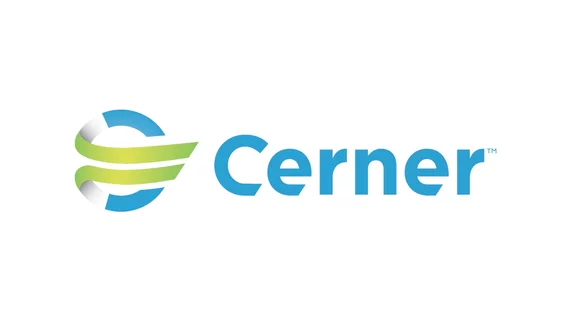Cerner to take over IT department at Texas hospital
An agreement for Cerner to take over the information technology department at a Texas hospital was approved last week, according to a report by the Odessa American.
The board of directors for Ector County Hospital District approved the agreement between Cerner and the Medical Center Health System (MCHS) in Odessa, Texas, during a meeting Thursday, Aug. 16.
According to the report, the hospital's IT staff will have an opportunity to work directly for Cerner—starting Sept. 10—and receive additional training and resources. Cerner will also assume the day-to-day management of the hospital's electronic health records (EHR), IT operations and staff.
"By enlisting Cerner to handle IT service delivery, MCHS will have the opportunity to optimize resources and drive efficiencies to help improve patient care," the report said, citing a press release. "This expanded relationship will help the health system manage its Cerner Millennium healthcare IT platform, which provides doctors and nurses with a digital record that brings together a person’s health information for an up-to-date view of their well-being."
To read the full report, click the link below:

